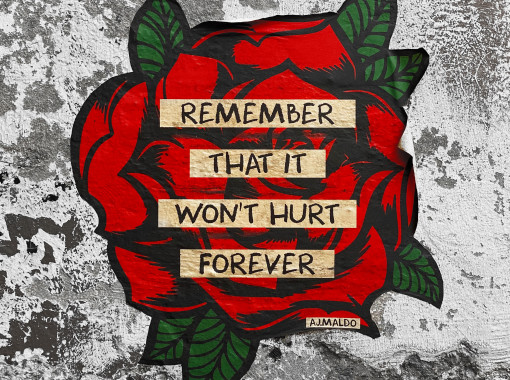Learning How to Swim

Can you swim? I know, it sounds like a strange question but there are many people in the world that do not now how. Vicki Harrison said “Greif is like the ocean; it comes in waves ebbing and flowing. Sometimes the water is calm, and sometimes it is overwhelming. All we can do is learn to swim.”
So I ask you again, can you swim? It takes on a whole new meaning now doesn’t it? All along you were thinking about the pool, the river, or some other body of water while all along I was meaning it in an entirely different sense.
Learning to “swim” the way Vicki talks about takes time. We allow our emotions to grab us and our sense of understanding goes right out the window. The overwhelming situation can literally drown us in grief. The loss of a job, a parent or worse yet, a child. Not knowing how to deal with the pain of this grief can be both physically and mentally draining.
I am not an “expert” in counseling, but I know how to console. I am not a “psychiatrist”, yet I can listen. I want to share with you a few tips that I have learned over the years on how to deal with grief yourself or helping others through it.
Don’t resist the pain. – Trying to hide your feelings to the world and bottling up your emotions is not healthy. Express it and acknowledge it.
Know that you may say things and do things that are not normal for you. - Grief can trigger many different and unexpected emotions. Be prepared to accept this as part of the healing process.
Your grief and how you deal with it is all yours. – Although people may have had a similar situation, (job loss, loved one, etc.) they did not have your loss. People are well intended when they share their story but realize the way they dealt with it is not the same way you might. Your situation is unique to you.
I know it will be hard but don’t turn people away. – You need face to face support from those that care about you. Let them love on you.
Don’t forget about you. – You must remember to support yourself emotionally by doing something physical. The release of endorphins helps in the healing process.
Make sure it’s really grief. – Sometimes people mistake grief for depression. They allow the triggering event to set off something else that was already there. A few signs to look for are feelings of guilt, worthlessness, or the inability to function. If these exist, please seek medical help.
If there is anything I can do to help you ‘learn to swim,’ don’t hesitate to reach out. I would love the opportunity to help you become the best version of you.
Psalm 34:18 The Lord is close to the brokenhearted and saves those who are crushed in spirit.
Until next time…..
Photo by Jennifer Griffin on Unsplash
